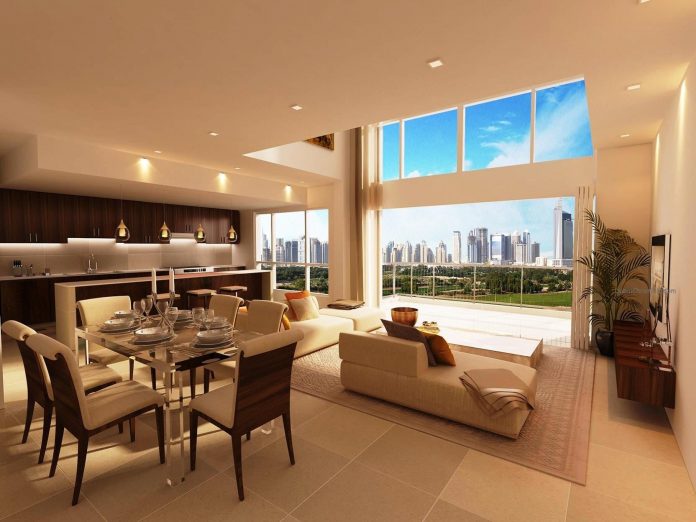
Previously we have been reading that Indians, Iranians or Emiratis are the most active investors in real estate in Dubai. Lately, with the withdrawal of some of these major money spenders from the market, a new classification has emerged. No longer are investors in Dubai’s real estate classified by nationality, or by the amount of their purchases. Newsmakers and advertisers have reinvented once again the characteristics of the current investors in real estate.
Millennials are the largest category of buyers in Dubai, be it as end-users with mortgages or capital builders on installment plans. That is actually a good news for the real estate industry. Born between the early 1980s and 2000, millennials account for almost half of Dubai’s total population of 2.5 million, according to the Dubai Statistics Centre.
Most of Dubai’s working young people are paid higher salaries than the previous generations that enable them to become first-time buyers relatively easy. This fact holds true mostly when it comes to Western and Arab expats. Asians typically prefer to make their first property purchase in their home country.
Young professionals choose to buy real estate in Dubai so they don’t pay high rents anymore. They usually invest in small residential properties in the outskirts of the city, such as studios, one-bedroom apartments and townhouses.
Young families, in particular, show preferences for townhouses as there are gardens and rooms to expand should their personal circumstances dictate. Townhouses are very attractive for those with young children.
Property and community requirements vary for a couple with children and those without kids. While a young family is on the lookout for parks, community swimming pools and proximity to schools, singles and professional couples seek social spots and the convenience of daily chores around their new homes.
This new category of home buyers demands a variety of basic by now facilities in the building such as a pool, gym, parking. Community facilities such as convenience retail, coffee shops and restaurants, clinics, pharmacies, schools, salons as well as easy access to main highways are important factors in their consideration.
In terms of floorplans, millennials look mostly at efficient layouts with open kitchen rather than closed kitchens.
When it comes to the size, young people are mostly looking for studios or one bedroom units. Most of them are price-conscious as the majority of expats comes from poorer origins in comparison to Dubai’s standard. Usually, millennial buyers would choose to sacrifice on size in order to potentially pay less.
This is why, home sizes in Dubai have also changed over time. Typical one-bedroom apartments are now between 600 sq ft and 800 sq ft. This is in line with big cities in international markets, although Dubai’s land availability is not constrained by demographics. Proportionally to the demand, small homes nowadays constitute 60 to 70 per cent of several new residential projects.
With developers becoming increasingly flexible with post-handover payment plans, millennials and first-time buyers are calculating the benefits of committing to mortgages rather than wasting money on rent. The only issue is that there is a high mortgage cap and it takes time to save for the initial down payment of 25 per cent of the price. If the lending cap is reduced to 10 to 15 per cent down payment and 85 to 90 per cent mortgage as against 25:75 today as per central bank guidelines, more young people will be able to become investors in Dubai real estate.






















![The Square at Nad Al Sheba Gardens Now Open hope tax season treated you well! Just checking in—ready to refocus on growing your business? I remember how we discussed scaling your [specific aspect of their business, e.g., online presence] but paused due to time constraints. We now offer a streamlined 6-month plan that delivers real results without adding to your workload. Let me know if you'd like to chat—I’d love to help you pick up where we left off!](https://www.dubaichronicle.com/wp-content/uploads/2024/11/The-Square-5-218x150.jpg)









